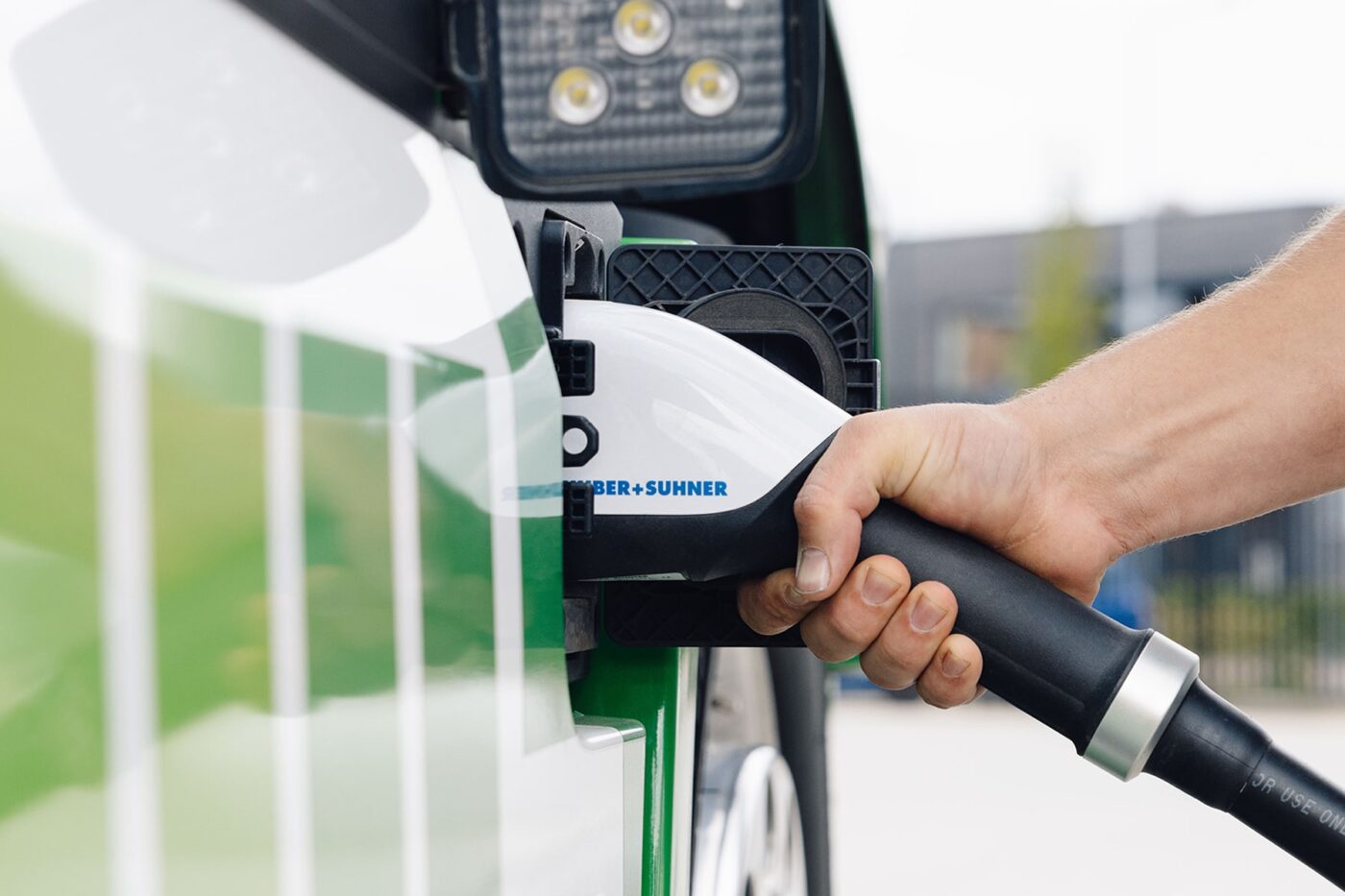Scotland launches £2 million fund to accelerate HGV decarbonisation
This fund builds on the HGV Decarbonisation Pathway published in 2024, which mapped infrastructure needs to support zero-emission HGVs. In 2023, there were approximately 36,500 HGVs registered in Scotland, representing around 1.2% of total road vehicles but contributing roughly 12.8% of total transport emissions. An estimated 118 million tonnes of goods were lifted within Scotland by UK HGVs in 2023, with a further 16 million tonnes transported from Scotland to other parts of the UK.
The Market Readiness Fund is split evenly between two strands: £1 million for SME Fleet Analysis Support and £1 million for the HGV Consortium Builder. The SME strand is designed to support small and micro fleet operators to assess their decarbonisation pathways, fleet plans, grid connections, infrastructure options and suitable zero-emission technologies. The resulting reports will be shared with Transport Scotland to build an evidence base for sector-wide transition planning.
Applications for SME Fleet Analysis Support opened on 9 July and will close on 9 December 2025. The HGV Consortium Builder strand, open until 20 August 2025, aims to foster collaborative business cases for investment into zero-emission HGVs and their associated charging infrastructure. Consortia awarded funding will be expected to deliver both a developing consortium of fleets, financiers, charge point operators and other stakeholders, and a business case identifying investment opportunities for battery-electric HGVs and supporting infrastructure in Scotland by March 2026.
The Scottish Government says it is applying lessons from bus decarbonisation to the HGV sector to attract private investment and accelerate the shift to zero-emission heavy-duty transport. Transport Scotland hosted a financing forum in March 2025 to connect HGV operators with banks, financial institutions, leasing companies, manufacturers, and charge point operators to develop financing models and business cases for investment.
Transport Scotland notes that the majority of HGV operators in Scotland have between zero and two vehicles, limiting their capacity to invest in decarbonisation without public support to absorb some of the initial capital risk. The pathway acknowledges the need for new financing and business models to deploy battery-electric heavy-duty vehicles at scale.
“We know that the decarbonisation of HGVs requires real innovation and a truly collaborative approach – which is why I’m pleased to announce £2 million for the HGV Market Readiness Fund,” said Cabinet Secretary for Transport Fiona Hyslop. “We’re taking the experience and approach developed for bus decarbonisation and applying it to the HGV sector. But we cannot decarbonise HGVs alone, so we’re working to attract further private investment and create the conditions which will best accelerate decarbonisation at pace and scale.”
“This investment to help operators prepare for Net Zero is invaluable, particularly for smaller businesses with limited back-office capabilities,” commented Chris Ashley, Net Zero lead for the Road Haulage Association, and Lamech Solomon, Head of Decarbonisation Policy at Logistics UK, added: “Operators have been clear that the path to decarbonisation will be difficult and expensive. This fund should help the sector to overcome the initial barriers to investment.”
transport.gov.scot (press release), transport.gov.scot (information about the fund)





0 Comments